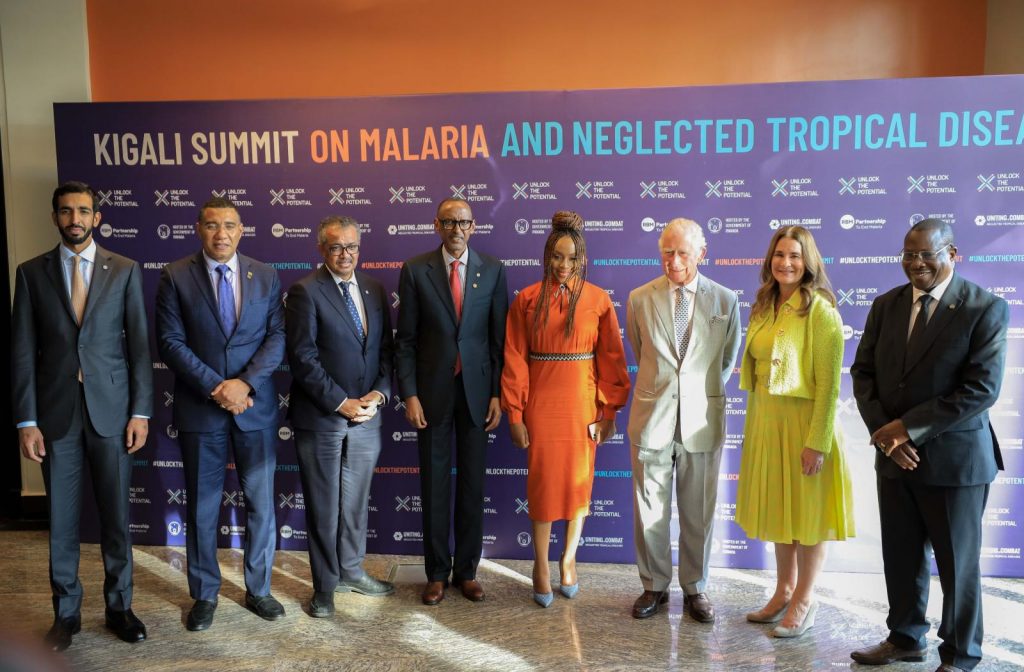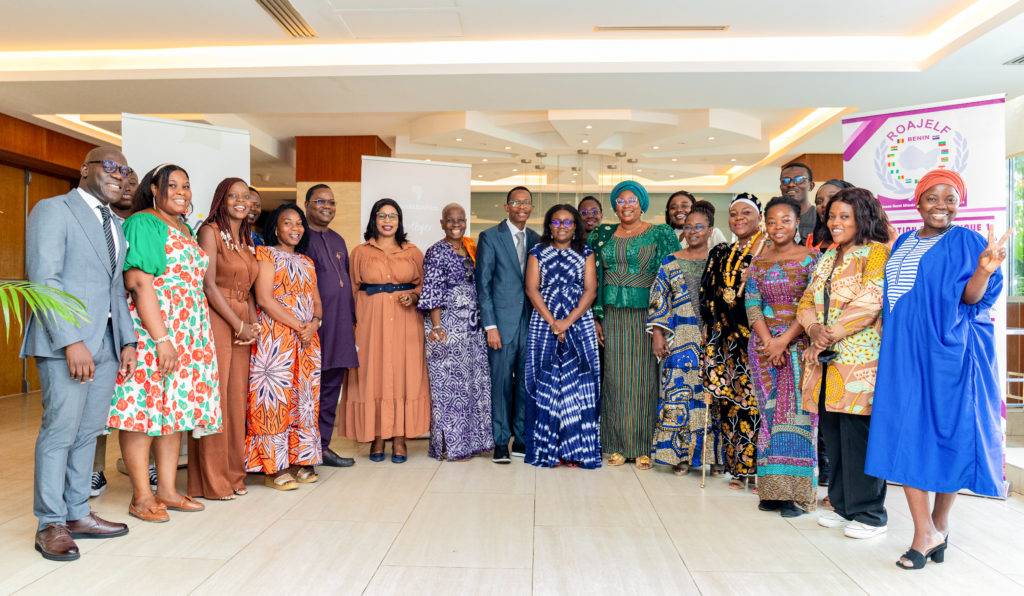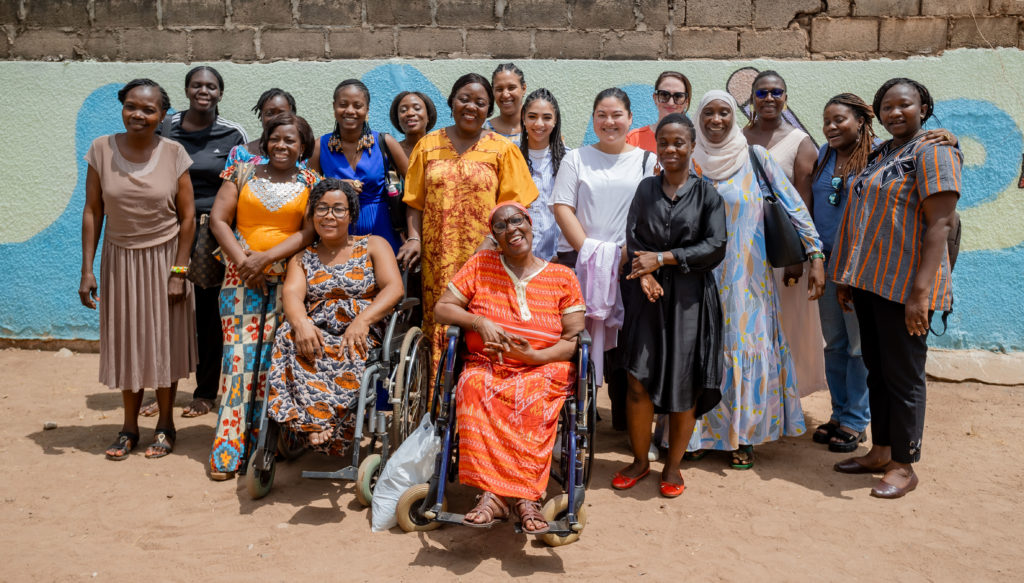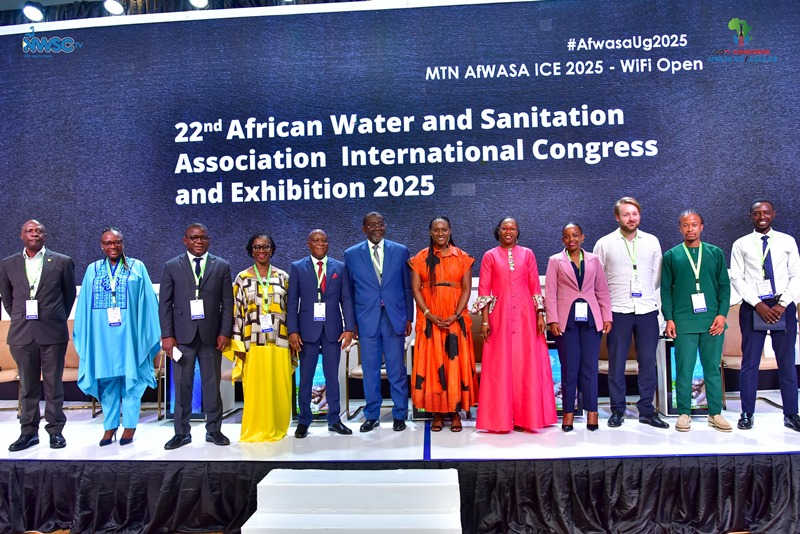The Kigali Summit makes ground-breaking financial commitments and charters a collaborative path to eliminate malaria and NTDs

Last month, the Kigali Summit hosted global leaders in government, the private sector, philanthropy, academia, research, civil society, affected communities, and youth delegates to come together to work on accelerating the fight against Malaria and Neglected Tropical Diseases (NTDs). More than US$ 4 billion was pledged during the Summit hosted by His Excellency Paul Kagame, President of the Republic of Rwanda, on the sidelines of the Commonwealth Heads of Government Meeting.
The pledges come at a time of surging malaria cases and stagnating progress against NTDs buoyed by disruptions of health supply chains due to the COVID-19 pandemic, funding challenges, and increasing challenges such as insecticide and drug resistance.
“The timing of this summit is crucial. We have less than eight years to reach targets 3.3 of the Sustainable Development Goals, « Thoko Elphick-Pooley, Director at Uniting to Combat NTDs, said.
With a few years left to realize the 2030 Sustainable Development Goals, world leaders are committed to financing programs and treatment initiatives backed by innovation to protect more than a billion people vulnerable to the adverse effects of these diseases.
To drive progress in the fight against malaria, leaders called for the successful US$ 18 billion replenishment of the Global Fund to Fight AIDS, Tuberculosis, and Malaria this year, required to save over 20 million lives and achieve a 62 % reduction in malaria deaths by 2026. Furthermore, eligible malaria-endemic countries committed US$ 2.18 billion of domestic funding to this in 2022 and 2023, with further increases expected between 2024 and 2026
“We need to ensure a successful replenishment of the Global Fund. We need to accelerate the progress in innovation, integration, and resource mobilization and we need to do it now,” said Dr. Connie Karema, Interim CEO at the RBM Partnership to End Malaria.
With youth engagement and leadership vital to ending malaria, young people worldwide added their voices to advocate for accelerated action through the Zero Malaria Starts with Me – Draw the Line Against Malaria campaign. Led by Chimamanda Ngozi, youth delivered a petition to world leaders urging them to take bold action to make zero malaria a reality. Christopher Getonga, Chair of the End Malaria Council, Kenya also congratulated the Ecobank Foundation’s $600,000 contribution through the Zero Malaria Business Leadership Initiative, to drive domestic resource mobilization.
Regarding NTDs, the Summit endorsed the Kigali Declaration on Neglected Tropical Diseases that galvanized the political will and financial commitments necessary to deliver the World Health Organization (WHO)’s NTD roadmap (2021-2030). The Declaration secured over US$ 1.4 billion in financial commitments from donors, endemic country governments, pharmaceutical companies, and not-for-profit organizations, with donations of 18 million tablets and over US$ 500million in related health products.
In memory of Dr. Mwelecele Malecela, former Director of WHO’s Department of Control of Neglected Tropical Diseases, the Bill & Melinda Gates Foundation announced a partnership with the WHO to support at least 40 women in leveraging mentorship, leadership training, skill-building classes, and networking opportunities to overcome barriers and become leaders in NTD elimination by 2030.
“Dr. Malecela wasn’t just committed to ending diseases that are neglected—she worked tirelessly to reach the people who are most often overlooked,” Melinda French Gates, co-chair of the Bill & Melinda Gates Foundation, said.
The Kigali Summit delivered discussions and approaches to integrated management of malaria and NTDs centered on innovation and access to new tools and interventions, sustained financing, and resource mobilization, as well as efficient data management and the use of existing resources.
With the Summit over it is now time to walk the talk. The WHO indicates that malaria deaths were previously underestimated and the continent’s burden worse than previously stated, the time to act is now. In addition to the Kigali Declaration on NTDs and calls for the Global Fund replenishment, African leaders need to mobilize new partnerships and coalitions to achieve disease elimination focused on continued country ownership, political commitment, and accountability to accelerate progress towards sustainable development.
« But we still have much more to do. Ensuring that all African countries mobilize the domestic financial resources required for quality healthcare is a priority for the African Union and our partners. Suppose there is one thing the pandemic has taught us. In that case, it is that together, through coordinated and collaborative action, we can achieve more, » concluded His Excellency Paul Kagame, President of the Republic of Rwanda.
The March to Kigali campaign supports the progress made at the Kigali Summit and the leadership shown by His Excellency Paul Kagame, President of the Republic of Rwanda. For hosting the Kigali Summit on malaria and NTDs and bringing together the collaborative efforts across government, the private sector, research, academia, and civil society to accelerate action to eliminate these preventable and treatable diseases. Achieving a healthier and safer world that is free from malaria and NTDs will require financial resources, integrated management of malaria and NTDs, and adopting inclusive approaches that leave nobody behind, whether that’s women, young people, disabled, or the elderly. Finally, eliminating malaria and NTDs will require all of us to work together.


